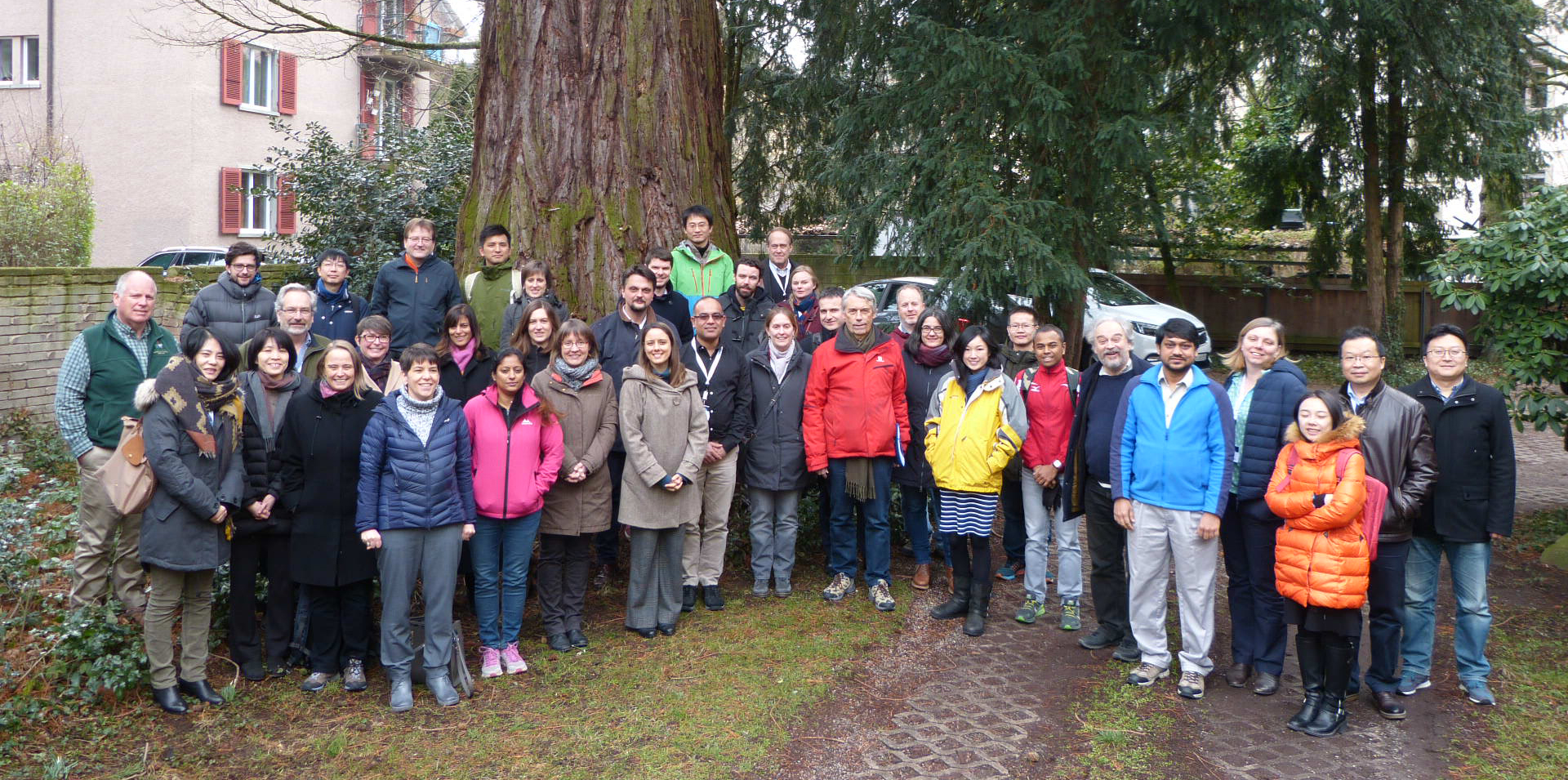
Workshop Participants
Major advances in our understanding of the origin and evolution of the inner Solar System have been made through analyses of returned samples from the Moon by Apollo and Luna missions in 1960s and 1970s. More recently, sample return from asteroid Itokawa revealed greater insights into the makeup and properties influencing the regolith evolution on minor bodies in the Solar System as well the first direct link between meteorites and asteroids. Two further asteroidal sample return missions are in progress (Hayabusa-2 and OSIRIS-REX). The Stardust and Genesis missions sampled cometary grains and solar wind particles, respectively, revealing their elemental and isotopic compositions. Although lacking a parent body context, meteorites research has been invaluable in addressing a number of scientific topics related to the Solar System formation and evolution through studies of pre-solar grains to the fluid-rock interactions on parent bodies during the 4.5 Ga geological history of the Solar System. In addition, there now exist global remote sensing dataset for various planetary bodies that weren’t available previously, and these would play a vital role in the selection of targets for sample return missions. As a result, we now have a wealth of remote sensing and cosmochemical data on a number of Solar System objects (e.g., Moon, Mars, asteroids, meteorites) but significant gaps exist for other bodies such as Venus and Mercury. The main aim of this workshop is to review our current knowledge and understanding of the Solar System formation and evolution and identify major outstanding science questions that remain to be answered through future sample return missions. Some of the outputs from the workshop will be relevant to planning of mission concepts for future sample return missions that are currently being developed by various space agencies.
The workshop will have the following objectives:
1) Review major outstanding science questions in Planetary Sciences that can only be answered via Sample Return missions.
2) Identify specific target body(ies) for answering specific science question(s).
3) Evaluate technological readiness for individual mission concepts against their science return.
4) Engage with sample curation communities across Europe to prepare for future sample return missions
The workshop will follow the format of a discussion meeting and the presentations will be grouped under three main themes:
(i) Initial conditions and workings of the Solar System
(ii) Planetary habitats
(iii) Sample curation
Last update: February 13, 2017
